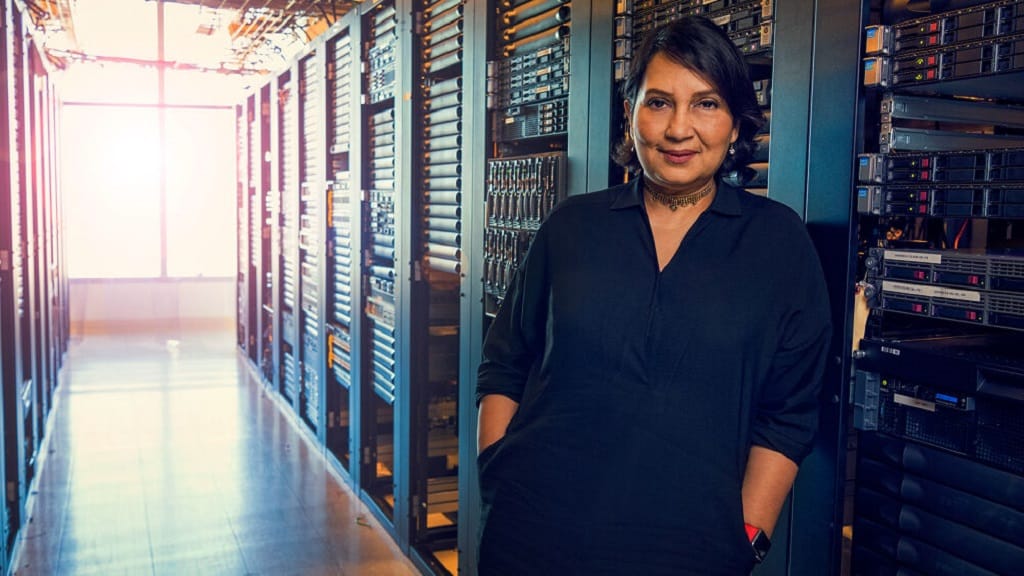Private Sector Falling Behind on Information Sharing During Cyberattacks, Says Comcast Rep
Comcast’s Noopur Davis says cyber attackers share information better than the private sector.
Benjamin Kahn

ASPEN, Colorado, August 23 — In the wake of an influx of ransomware attacks on critical infrastructure and cyberattacks on private carriers, entities across the technology industry are revaluating their strategies and how they share information to prevent such acts.
T-Mobile announced on August 15 that as many as 50 million consumers had their private data compromised during a data breach. Days later, on August 17, as part of Technology Policy Institute’s 2021 Aspen Forum, Noopur Davis, Chief Product and Information Officer at Comcast Cable, sat down for a fireside chat to discuss what the industry was doing to address this event and events like it.
Join in Broadband Breakfast Live Online’s Discussion on “Cybersecurity: Reviewing the Biden Administration’s Executive Order,” on Wednesday, August 25, 2021, at 12 Noon ET.
When Davis was asked how she felt about the current state of cybersecurity, she said it was okay, but that the telecom community at large would have to do more.
She referenced the mean time of comfort—that is, the average duration between the time that a service becomes connected to the internet and when it is targeted by bad actors. While in the early days of the internet cybersecurity experts could expect to have significant mean times of comfort, she stated that this is no longer the case.
“The second you connect [to the internet] you are attacked,” she said.
As soon as a successful breach is recognized, Davis explained that the target companies begin to revaluate their “TTP,” or tactics, techniques, and procedures.
Information sharing is crucial
Though one company may find a remedy to their breach, other companies may remain vulnerable. To combat this, Davis said that it is critical for companies to share information quickly with their counterparts, but she indicated that this is a race that the private sector is currently losing.
“[Attackers] share information better than [the private industry does].”
She went further, revealing that there is now a sophisticated market for malware as a service, where various platforms publish reviews for their products and services and even offer tech support to those struggling to get the most out of their purchases.
Growing market for hacking tools
She pointed to the Colonial Pipeline attack as an example where hackers did not even create the malware themselves—they just purchased it from a provider online. She explained that this marketplace has significantly lowered the barriers of entry and deskilled the activity for would be attackers, and that theoretically anyone could engage in such nefarious acts today.
Though Davis was in favor of collaboration between companies to address these attacks, she made it clear that this would not mean that responses and capabilities would become standardized, and that every company would maintain their own unique strategies to ensure that their services and data remain uncompromised.











Member discussion